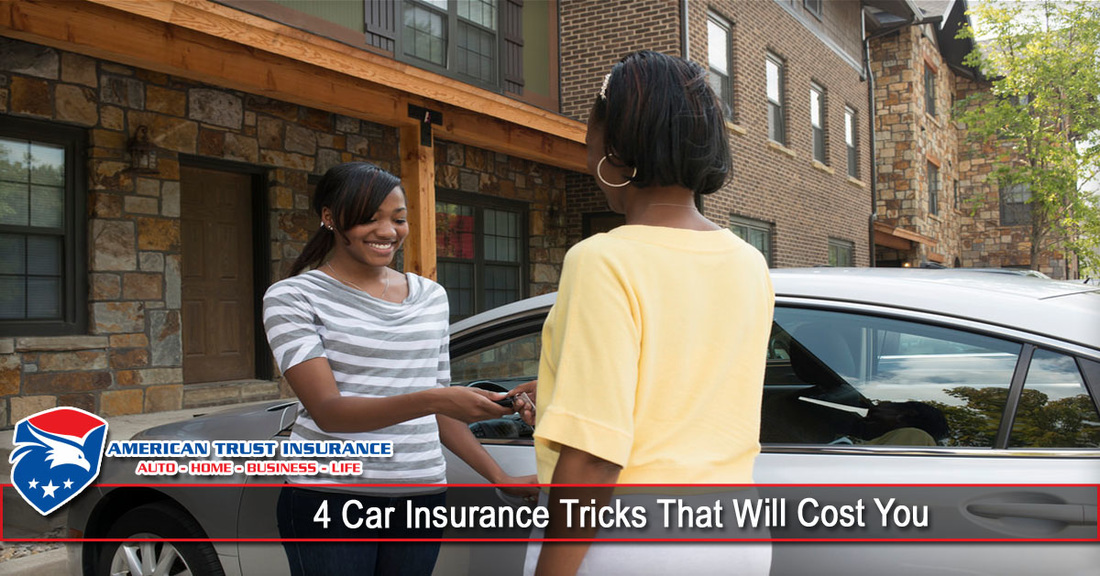Your insurance premiums are calculated using a complicated formula. Insurers take several factors into account. That includes demographics, driving history, home address, work address, daily commute, the type of car, and so on. They also consider how you use your vehicle. Thus, the risks of a heavy-duty pickup truck on a farm are different from the sedans in the city.
If you use your car for something out of the ordinary, insurers may deny certain parts of your claim. The damages you incurred for taking your car for an off-road drive, for example, won’t be covered by a standard policy.
This is the instance when you really need to understand the fine print. You may need additional coverage for certain things like off-roading and even towing or hauling heavy loads. So consult your agents for such cases.
Letting New and Unlisted Drivers Use your Car
Car insurance requires you to list possible drivers of your vehicle. Thus, when you let unlisted people drive it, chances are your claims for their damages would be denied.
Insuring new drivers, on the other hand, is expensive. If your child has recently turned 16, your car insurance rate can skyrocket to several thousand dollars a year. In an attempt to keep insurance affordable, some people decide not to include new drivers under their policies.
While that move may seem friendly to your budget, it actually gives the insurer a reason to deny your claims (should a new and unlisted driver get involved in an accident). Aside from that, it is illegal to drive without insurance. Thus, new drivers may face suspension and penalty fees in case they get caught.
Non-Disclosure of Driving History
Applying for car insurance requires you to disclose your driving history fully. That includes the history of accidents, arrests, tickets, and other car-related incidents. While it can be tempting to leave out this information to get better rates, it is an unwise idea. Non-disclosure of your driving history can void your policy. And that leaves your finances fully unprotected.
Commercial Activities
Car insurance policies cover only specific uses. Thus if you’re working for a ridesharing company and your policy doesn’t cover such use, your claims can be denied. Some ridesharing companies, however, have commercial policies that can cover you and your passenger. However, some of these policies do not cover you when you’re alone in your car.
So if you want to participate in ridesharing, it would be best if you talk to your insurer and the ridesharing company to ensure that your vehicle is covered. That could mean paying an additional premium on your personal auto insurance.
This rule also applies to other commercial activities like delivering pizzas or newspapers using your car. Doing so is considered “business use” and gives your insurers a reason to void your policy.
It is important to read and understand the fine print of your insurance policy. That way, you won’t be surprised if it costs you following an event. Don’t hesitate to ask and clarify confusing things with your agent. It’s their job to assist you with your needs.
Here at American Trust Insurance, we will assist you with your insurance needs. We offer free consultations should you have any concerns with your policies. Call us at (305) 270-2220 or visit us at our office and get free quotes today!


 RSS Feed
RSS Feed